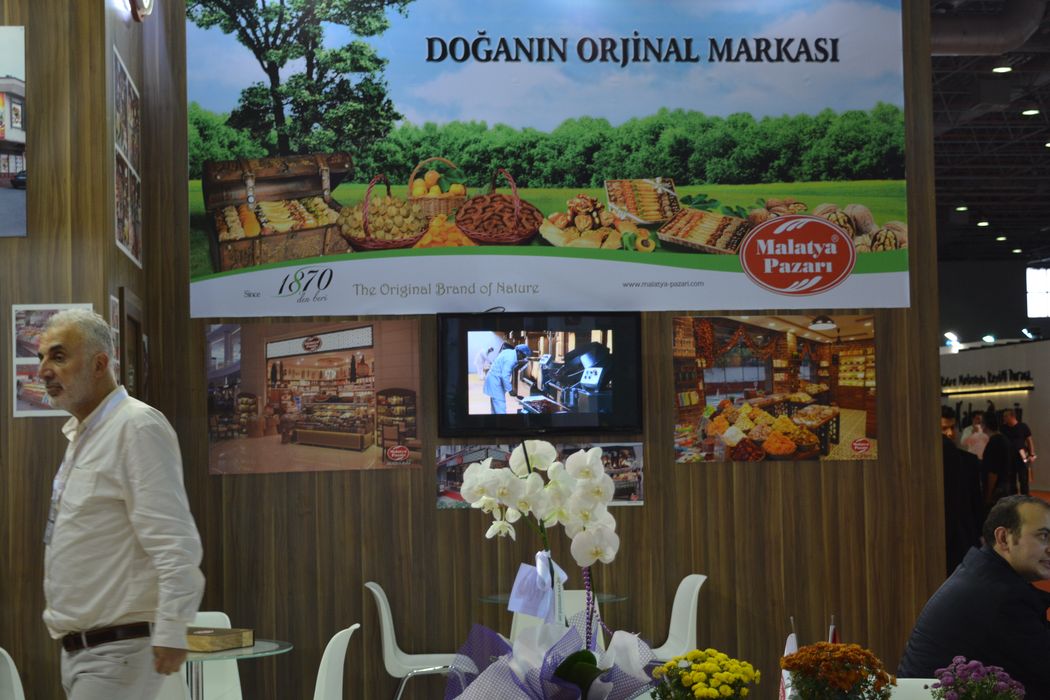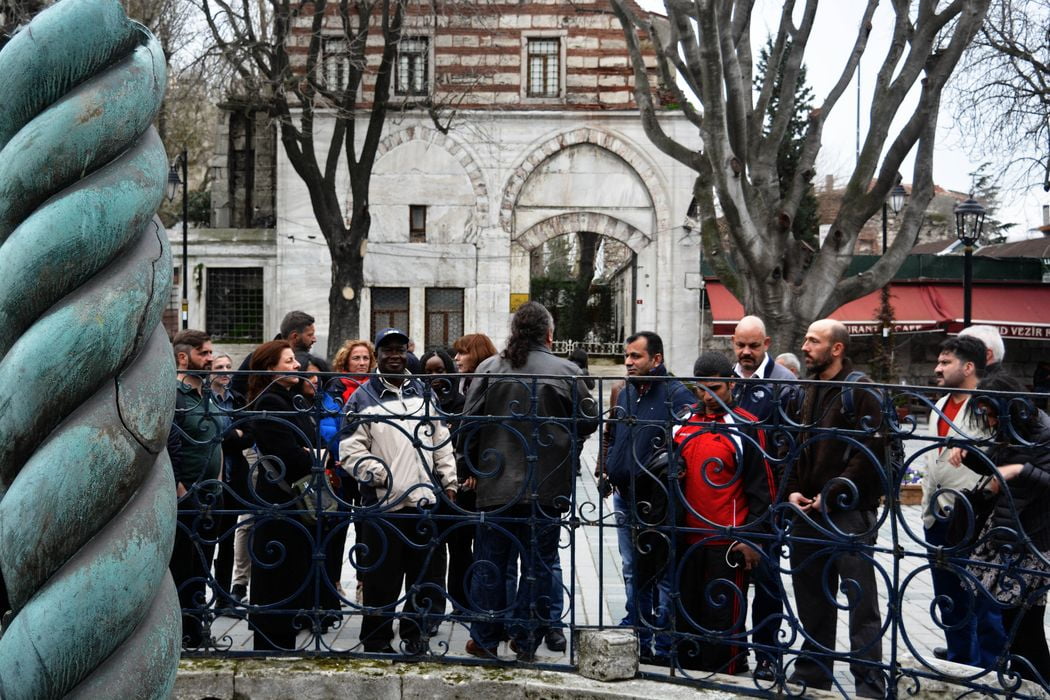James Lane Allen (1849-1925)
James Lane Allen was born near Lexington, Ky., in 1849. He was largely self-educated, and began writing at a comparatively early age. His novels and stories are the expression for the most part of Southern life and character.
King Solomon of Kentucky is a typical story, leisurely, vivid and without obvious artifice. The story is reprinted from the volume Flute and Violin, Century Co., 1891, by permission of the James Lane Allen Estate and the publishers.
King Solomon of Kentucky
It had been a year of strange disturbances a desolating drought, a hurly-burly of destructive tempests, killing frosts in the tender valleys, mortal fevers in the tender homes. Now came tidings that all day the wail of myriads of locusts was heard in the green woods of Virginia and Tennessee; now that Lake Erie was blocked with ice on the very verge of summer, so that in the Niagara new rocks and islands showed their startling faces. In the Blue-grass Region of Kentucky countless caterpillars were crawling over the ripening apple orchards md leaving the trees as stark as when tossed in the thin air of bitter February days.
Then, flying low and heavily through drought and tempest and frost and plague, like the royal presence of disaster, that had been but heralded by its mournful train, came nearer and nearer the dark angel of the pestilence.
M. Xaupi had given a great ball only the night before in the dancing-rooms over the confectionery of M. Giron that M. Giron who made the tall pyramids of meringues and macaroons for wedding suppers, and spun around them a cloud of candied webbing as white and misty as the veil of the bride. It was the opening cotillon party of the summer.
The men came in blue cloth coats with brass buttons, buff waistcoats, and laced and ruffled shirts; the ladies came in white satins with ethereal silk overdresses, embroidered in the figure of a gold beetle or an oak leaf of green. The walls of the ballroom were painted to represent landscapes of blooming orange-trees, set here and there in clustering tubs; and the chandeliers and sconces were lighted with in-numerable wax-candles, yellow and green and rose.
Only the day before, also, Clatterbuck had opened for the summer a new villa-house, six miles out in the country, with a dancing-pavilion in a grove of maples and oaks, a pleasure-boat on a sheet of crystal water, and a cellar stocked with old sherry, Sauterne, and Chateau Margaux wines, with anisette, “Perfect Love,” and Guigholet cordials.
Read More about Ibn Battuta part 29








